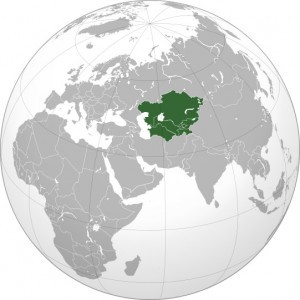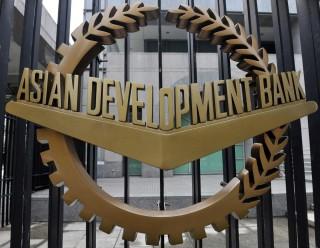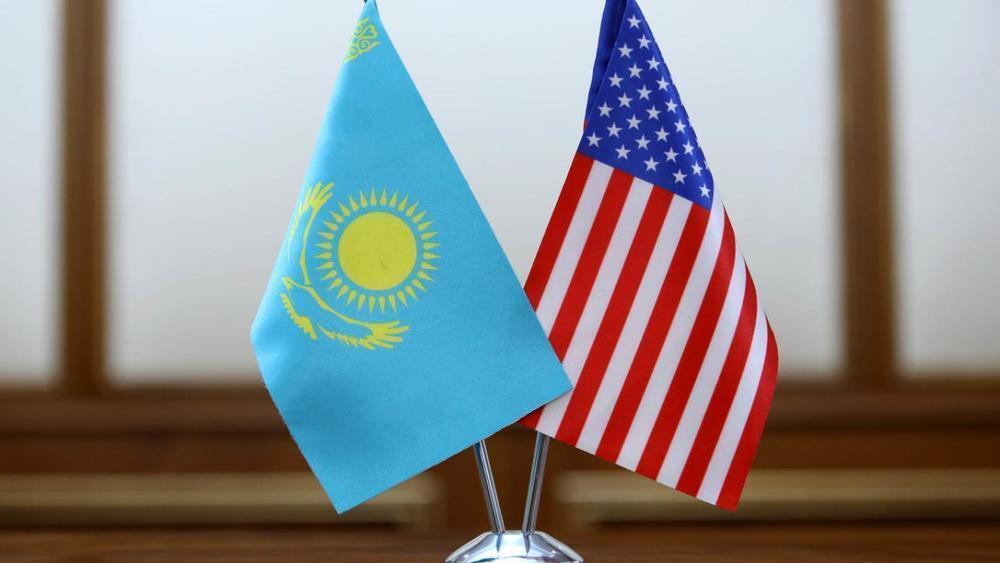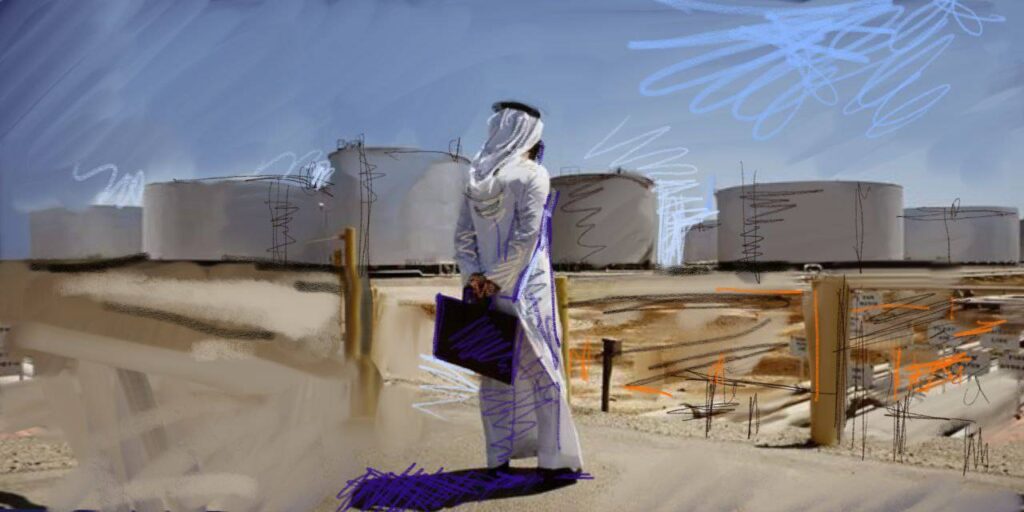ALMATY (TCA) — The World Bank’s new ‘World Development Report 2016: Digital Dividends’ was launched on February 17 at the Kazakh-Britain Technical University in Almaty, Kazakhstan. Discussion of the report helps catalyze a shared vision for digital transformation among Central and South Asia government leaders, experts, and practitioners, the World Bank said.
A discussion panel brought together world-renowned experts in public policy and technology, academics and development practitioners from Central and South Asia to share views on how to rapidly and sustainably deliver ‘digital dividends’ to everyone, including those at the bottom of the income distribution.
“The new World Development Report ‘Digital Dividends’ argues that as digital technologies have spread rapidly in much of the world, the digital dividends – the broader development benefits from using these technologies – have lagged behind,” says Zahid Hasnain, Senior Public Sector Specialist, co-author of the World Development Report 2016.
For digital technologies to benefit everyone requires closing the remaining digital divide, especially in internet access.
The landlocked countries in Central and South Asia have experienced important advances in improving their mobile telecommunications infrastructure. However, access to high speed Internet is still limited and costly for individuals and businesses, mostly because much of global Internet traffic bypasses this region.
At present, countries across Central and South Asia together with the World Bank are initiating several projects that will help accelerate the pace of development in the region.
The Afghanistan, Kyrgyzstan, and Tajikistan Governments together with the World Bank ICT Team are developing a Digital CASA project, which aims to implement a regional cross-border approach to improve broadband internet connectivity in the landlocked countries of Central Asia and parts of South Asia by catalyzing the private sector investment in infrastructure, and modernizing relevant policies and regulatory frameworks so as to use synergy between telecom, energy, and transport infrastructure. At the regional level, the Project aims to connect the countries to a higher capacity pan-regional and intercontinental infrastructure, thus enabling the facilitation of the cross-border cooperation and the opportunity to act as the Europe-to-Asia transit hub for international connectivity. At the national level, the project will bring reliable and affordable Internet services to the citizens, link small and medium enterprises and workers to the global digital economy, and foster innovations in public services.
In Kazakhstan, the Government is envisioning a new transformational development program “Digital Kazakhstan 2020”, with expected technical support from the World Bank as well as assistance in mobilizing private investments and exploring opportunities of joining the Digital CASA project.









